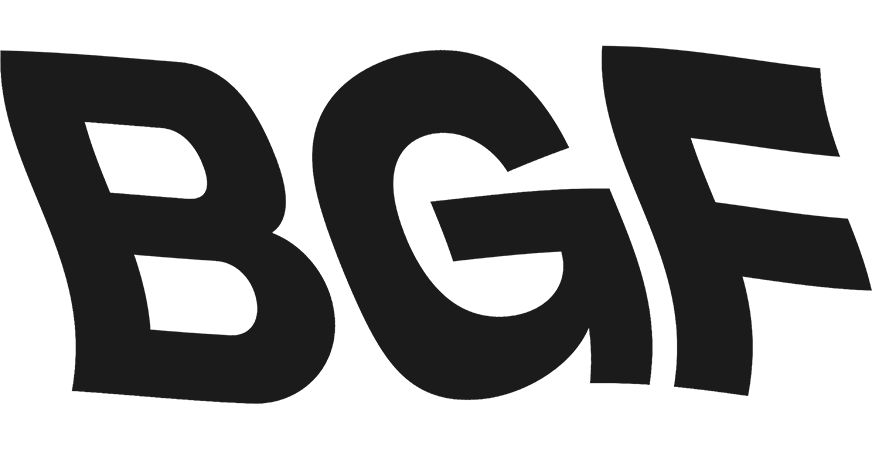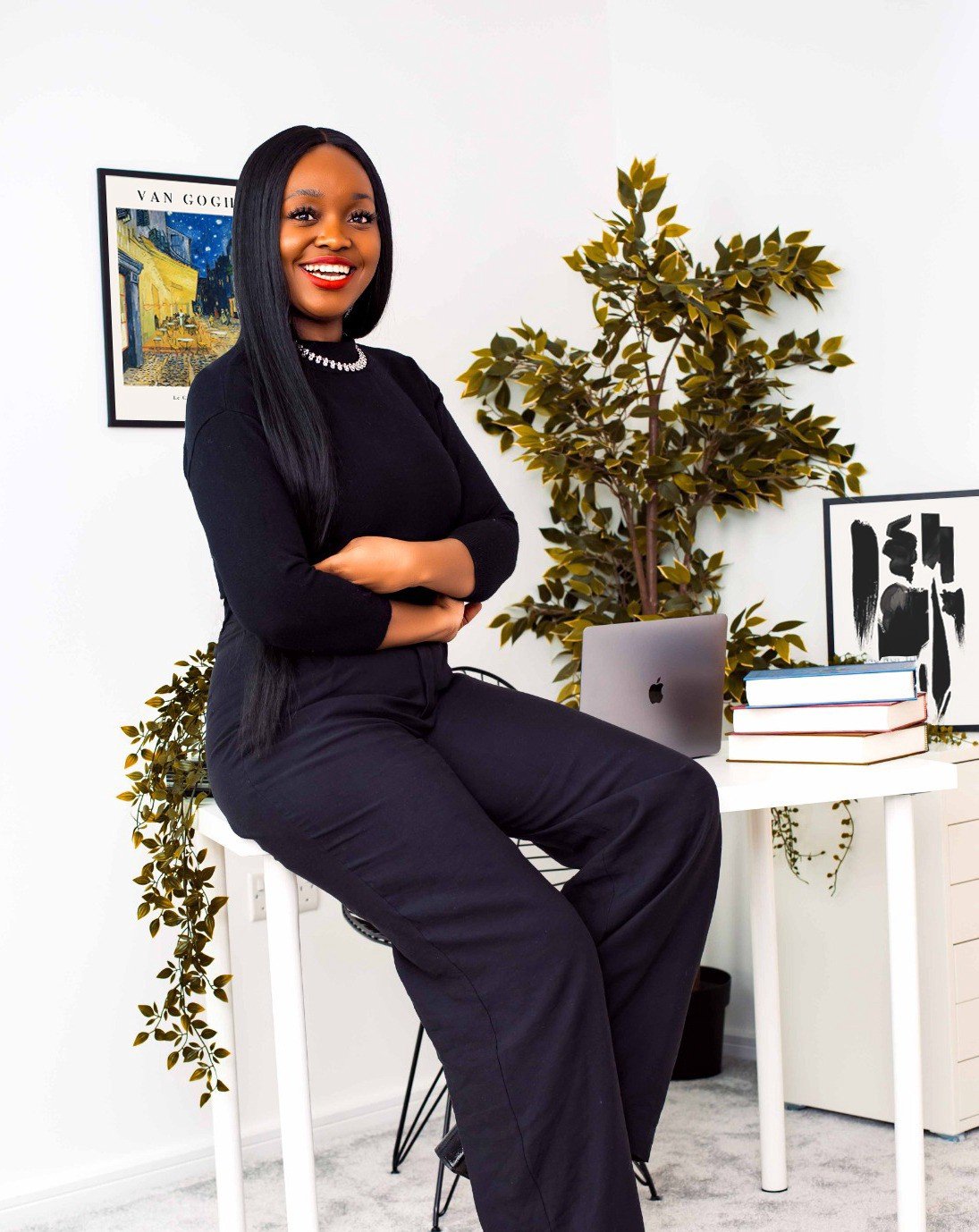#BFGCreativeFund with Jamila Dankaro
#BGFCreativefund is a grant programme supporting Black women and non-binary UK based creatives to encourage the development of creative ideas by supporting the continuation of projects and concepts.
Jamila Dankaro is a Nigerian-born writer. She works with African start-up companies, and a group called Black Girl Heard; a space for black women to share and tackle challenges faced in the workplace.
Jamila shares her inspiration, motivation and plans for the future of her latest project, a short animation that shines a light on the events of the ‘end SARS’ and Lekki Massacre.
Tell us more about your project
Being of Nigerian origin, this project is close to my heart. The SARS movement was supposed to be a beacon of hope and create change in the community, but it turned into something ugly and fearful, amongst young people specifically. The demonstrations in October of last year were so new to see; young people from different age groups and socio-economic backgrounds came together and understood that this was one problem that they were united to solve. We were blinded by our own sense of protection. The events that followed, particularly the pinnacle with the massacre at Lekki toll gate, showed people who felt like there were certain things in Nigeria that could not touch them, that this issue is very much at their doorstep.
We decided to use animation because it disarms people. There’s a seriousness in film that can be hard to unpack, but with animation you can get your message across without making people feel tense, allowing them to internalise a message with an element of lightness. It can be a lot harder to understand the experiences of people who live far away, so the project magnifies the emotion of the events. The story is set in the backdrop of a conversation between two sisters who try to navigate their relationship while at the protests when tragedy strikes. While the protests have ended, the effects of the SARS officials are still far-reaching. Many Nigerian citizens have still not found their family members to this day after the events of the 20th of October 2020. The government ignored the cries of its people. This animation is my way of immortalising the events of that day, to remind the world that this event happened. That Nigerians will not be silenced.
What impact would you like your project to have on the community?
There is nothing better than feeling seen and feeling understood. It’s a lot easier for people to assume their government is incompetent than knowing they were intentional about harming their own people. I want to put something out there that can connect people to their pain and show them that people outside of their immediate community, outside of Nigeria, feel their pain. A global community who sees hears are looking out for them, even if they’re not directly affected. Seeing the endSARS hashtags online was a good feeling for Nigeria, it spurred people on.
“This animation is my way of immortalising the events of that day, to remind the world that this event happened. That Nigerians will not be silenced.”
Who are your main sources of inspiration
I keep reading The Fountainhead by Ayn Rand who talks about objectivism and talks about the importance of being selfish with your ambition. She and Ava Duvenay, who started her film career when she was a lot older and speaks about how you don’t have to write yourself off because you’re not as young as you wanted to be when you started. I recently watched a collection of films on Netflix called Homemade. It used different people to record themselves during the pandemic. Seeing how people used video and film to bring their perspectives to life was inspiring. It brought their mundanity to make you feel connected to them.
If you could give advice to other Black artists, what would you tell them?
Be bolder. Men don’t have half the qualifications women have when they apply for roles. So we need to believe in ourselves more, we need to shake ourselves by the shoulder and say it’s okay! We should be allowed to be in certain rooms because we are qualified…even if we aren’t qualified we can learn on the job because men are doing exactly that. Be unapologetic about it.
If you could go back in time and tell yourself one thing, what would it be?
I would say don’t go into Law, haha. I spent a long time thinking I should be in Law when I knew I didn’t enjoy it, I knew I wanted to be a writer. You know with an African background if you’re not going into Law, Medicine or Engineering it’s like, what are you talking about? I hated it the entire time, I should have told my parents I didn’t want to do it. I would tell myself to stop doubting myself and just go for the writing roles, just do it!
What are your goals and plans for the future?
I have started doing some research into more documentary works. I’m very much inspired by Funbi Ogunbanwo, who was one of the producers of a short film called lizard. I would like to read up about her work and continue down that path. I want to make sure that animation makes people feel seen.
Insta: @jamikaro
Twitter: @jamikaro
LinkedIn: Jamila Dankaro


